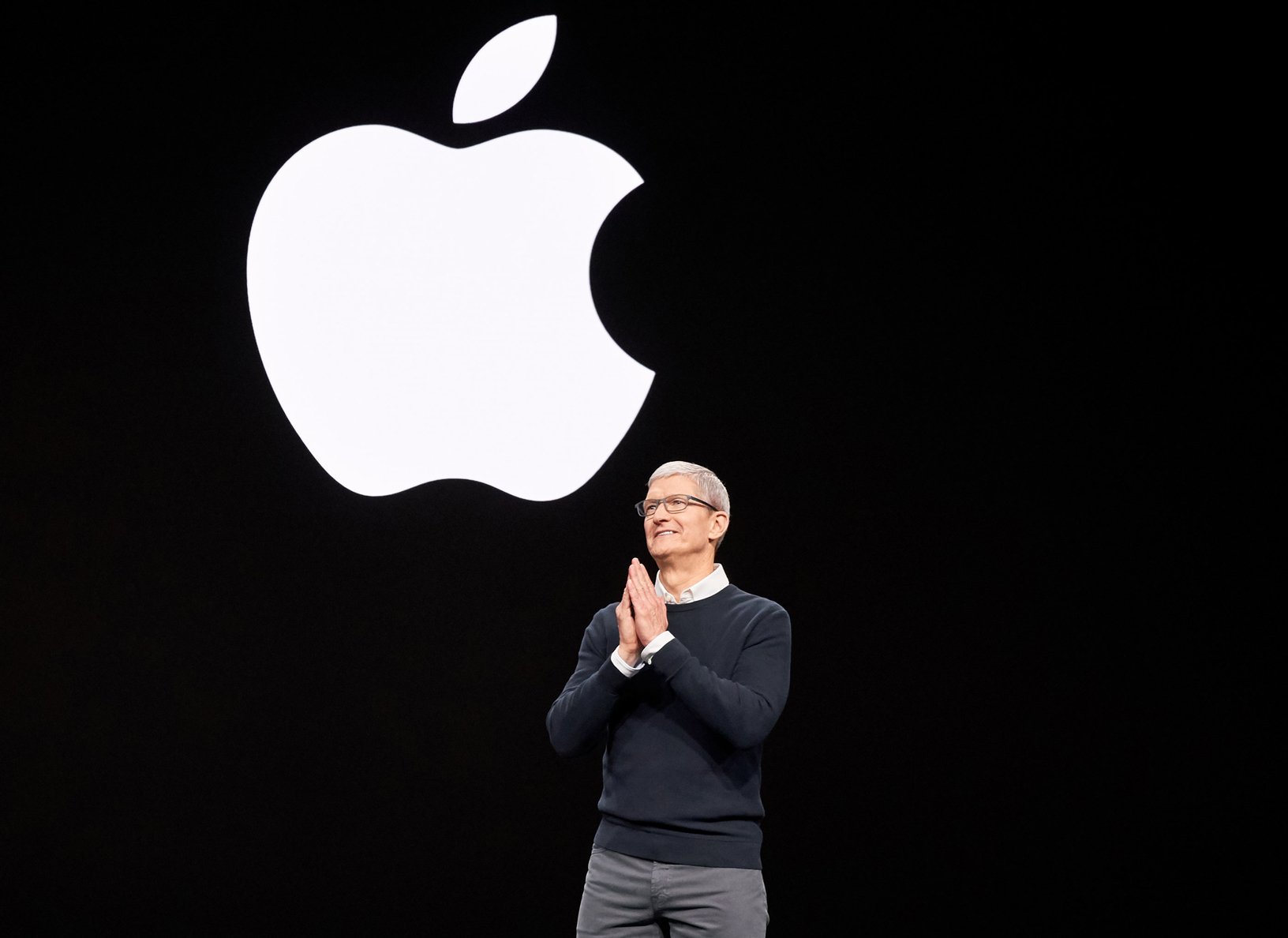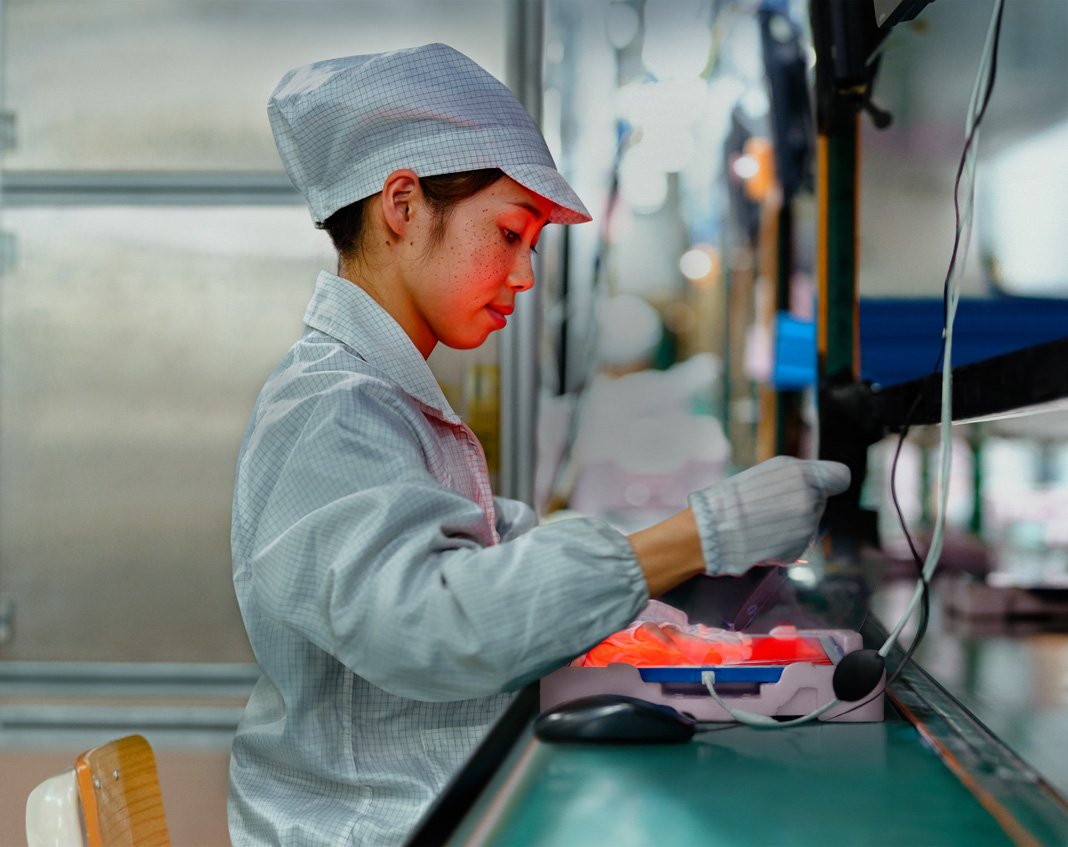It's time Apple says no to China, even if it means more expensive iPhones

Dealing with China has never been easy as a nation or company. In the case of Apple, it has mainly meant ignoring the communist nation's human rights abuses. In exchange, the company has been able to tap into a cheap labor force and gain access to what will soon become the world's largest consumer market.
Apple's entrenchment in the world's most populated nation has long been well documented. However, relations between Apple and China's leaders might have been much chummier in recent years than ever imagined.
On Tuesday, the web site The Information reported that Apple CEO Tim Cook signed a secret agreement with China in 2016. The five-year deal, not yet confirmed by either side, was worth an estimated $275 billion and called on the company to invest heavily in the nation. By doing so, the Chinese agreed to squash regulatory actions that were threatening the iPhone maker at the time.
This agreement, perhaps extended one year until April 2022, has required Apple to "strictly abide by Chinese laws and regulations." In turn, Apple agreed to repeat this language whenever forced to respond to criticism over Chinese censorship and privacy.
For its part, China only promised to provide Apple with "necessary support and assistance."
Non-binding agreements between the Chinese government and large multinational companies happen often. What made this one strange is how long the details were kept a secret and why this secrecy was perhaps cemented in the first place.
From the beginning, not everyone in Apple's camp was thrilled by the increasing closeness between the company and Chinese officials. In an example, internal documents discovered by The Information show that some Apple executives forced Cupertino to pull out of China's state-sponsored World Internet Conference. The company's China team had accepted a personal invitation from the Cyberspace Administration of China chief to showcase Siri, Apple's voice-activated assistant.
As the report explains, "The documents didn't elaborate on the concern, but critics have said one of the event's goals is to legitimize China's vision of a tightly controlled and censored internet. Apple's China team felt pressure to salvage the relationship with the CAC, which had become the country's most powerful technology regulator under Chinese President Xi Jinping, according to the document."

Undoubtedly, not disclosing the agreement in 2016 was an easy way for Apple to avoid whatever public criticism that would have ensued. And yet, with relations between China and the U.S. government increasingly frayed as 2021 ends, having this information disclosed now could prove even more problematic.
Large parts of the world's population now blame China for the ongoing pandemic. At the same time, nations are becoming increasingly more vocal about China's alleged human rights abuses within its Uyghur Muslim population. This week, for example, word leaked that the U.S. Biden administration will diplomatically boycott the upcoming Winter Olympic Games in Beijing. For this, China promises "firm countermeasures."
Cook and Apple have no choice but to comment on today's report. Transparency isn't just crucial for Apple stockholders and customers but to the general public at large. Looking more long-term, Apple needs to take a hard look at where manufacturing for its products is done and make changes. No, this doesn't mean pulling out of China altogether. However, it does mean moving more of its production to other locations worldwide.
These types of moves could cause increased prices for Apple products. Higher prices aren't necessarily bad, especially if the public understands why this might happen. It could also force China to rethink how it deals with its minority populations.
Master your iPhone in minutes
iMore offers spot-on advice and guidance from our team of experts, with decades of Apple device experience to lean on. Learn more with iMore!

Bryan M. Wolfe has written about technology for over a decade on various websites, including TechRadar, AppAdvice, and many more. Before this, he worked in the technology field across different industries, including healthcare and education. He’s currently iMore’s lead on all things Mac and macOS, although he also loves covering iPhone, iPad, and Apple Watch. Bryan enjoys watching his favorite sports teams, traveling, and driving around his teenage daughter to her latest stage show, audition, or school event in his spare time. He also keeps busy walking his black and white cocker spaniel, Izzy, and trying new coffees and liquid grapes.
